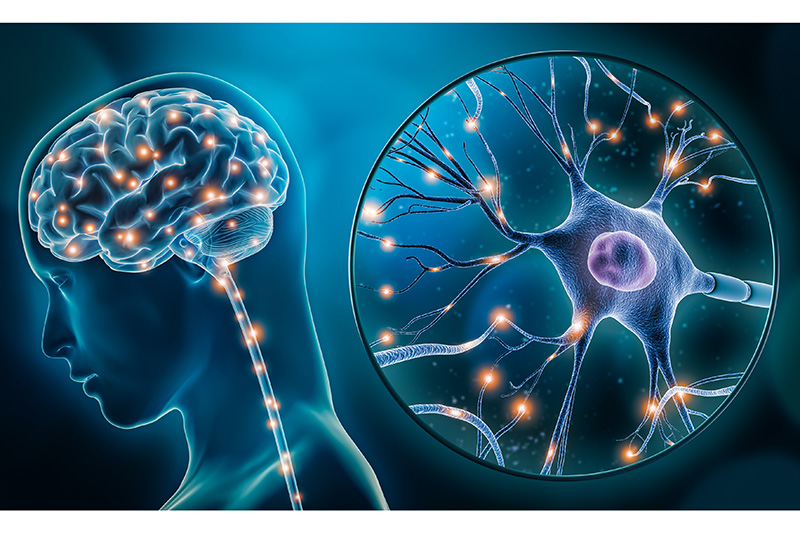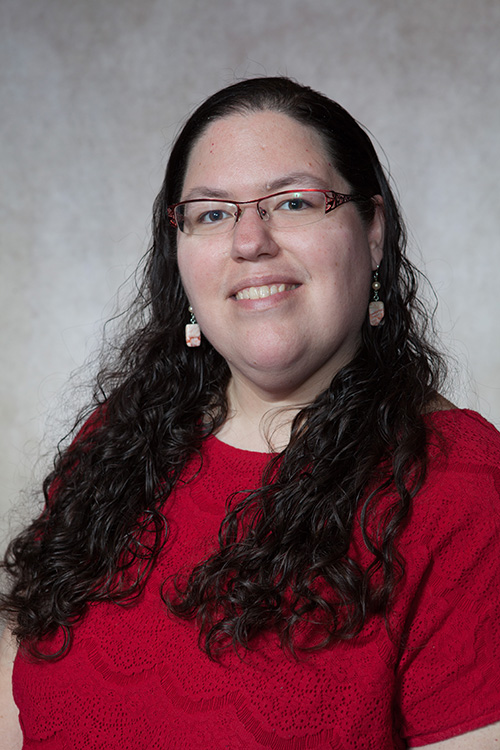- Apply
- Visit
- Request Info
- Give
Eastern offers new concentration in Cognitive Neuroscience
Written by Dwight Bachman
Published on July 09, 2021
 Misplacing keys or your cell phone, forgetting appointments, or not remembering when to take your medicine are all common to the aging process. In fact, studies show that more than 16 million Americans are suffering from cognitive decline or impairment, brain fog, memory loss or other cognitive symptoms. Research also shows this staggering number is expected to quadruple by 2050. A Journal of Gerontology study reports that the United States is facing faster cognitive decline than any other country in the world.
Misplacing keys or your cell phone, forgetting appointments, or not remembering when to take your medicine are all common to the aging process. In fact, studies show that more than 16 million Americans are suffering from cognitive decline or impairment, brain fog, memory loss or other cognitive symptoms. Research also shows this staggering number is expected to quadruple by 2050. A Journal of Gerontology study reports that the United States is facing faster cognitive decline than any other country in the world.
To help address this need, Eastern Connecticut State University has been approved to offer Cognitive Neuroscience, a new concentration in the Psychology major. Psychology Professor Lyndsey Lanagan-Leitzel says a number of Eastern students have expressed an interest in this new field of study, which will begin this fall. Eastern will be the only state university in Connecticut to offer such a program.
Cognition is the study of how people sense and perceive the world, pay attention, remember things, make decisions, solve problems, reason, use and understand language and move their body. There is a growing need for professionals who can understand the brain and mental processes to help people have a better quality of life as they age or experience brain injury.

The new Cognitive Neuroscience concentration at Eastern will help students acquire advanced knowledge of the cognitive and neural mechanisms that support human thought processes. In addition to a course in Cognitive Neuroscience, students in the concentration will also be required to take a Cognitive Psychology course, and two of three other psychology courses — Sensation and Perception, Physiological Psychology or Human Neuropsychology. Additionally, although it is not a required part of the concentration, Lanagan-Leitzel plans to offer a research component to interested students through assistantships or independent studies in her research lab.
A survey of Psychology majors at the beginning of the spring 2021 semester found that 24 Eastern students had an interest in the concentration and expressed support for it. “This concentration is really something that I am interested in,” said student Madison Glasgow. “These courses will point me in the right direction for my future. I want to be in the neuropsychology field, whether in research, or clinically diagnosing someone correctly and helping them move forward in their lives.”
Lanagan-Leitzel has already lined up students to serve as research assistants in her lab in the fall, including Kamryn Ebersole, Candice Koolhaas, Alyssa Ricatta and Shiloh Vournazos, who will be joining returning research assistants Rosie Luther and Jacob Lee.
Although the concentration in Cognitive Neuroscience is new, Lanagan-Leitzel has worked with other students who have pursued graduate studies in cognition and cognitive neuroscience. Evan Lintz ’13 is a doctoral student at the University of Nebraska–Lincoln, studying perception, attention, and working memory.
“A formal concentration in cognitive neuroscience further expands the research-related career opportunities for Eastern graduates,” said Lintz. “For those who are thinking about graduate school, the new concentration coupled with research assistantships or thesis projects vastly improves Eastern psychology students’ competitiveness for those programs. I’m excited to see an already excellent Psychology Department further raise the bar in what they offer their students.”
The new concentration will also pay off in the workplace. Lanagan-Leitzel said with an education in cognitive neuroscience, students will be qualified to work as laboratory technicians and assistants, or coordinators with a bachelor’s degree. With a master’s or doctoral degree, they will be well-prepared to work in health care, social services, or professional, scientific or technical services.


